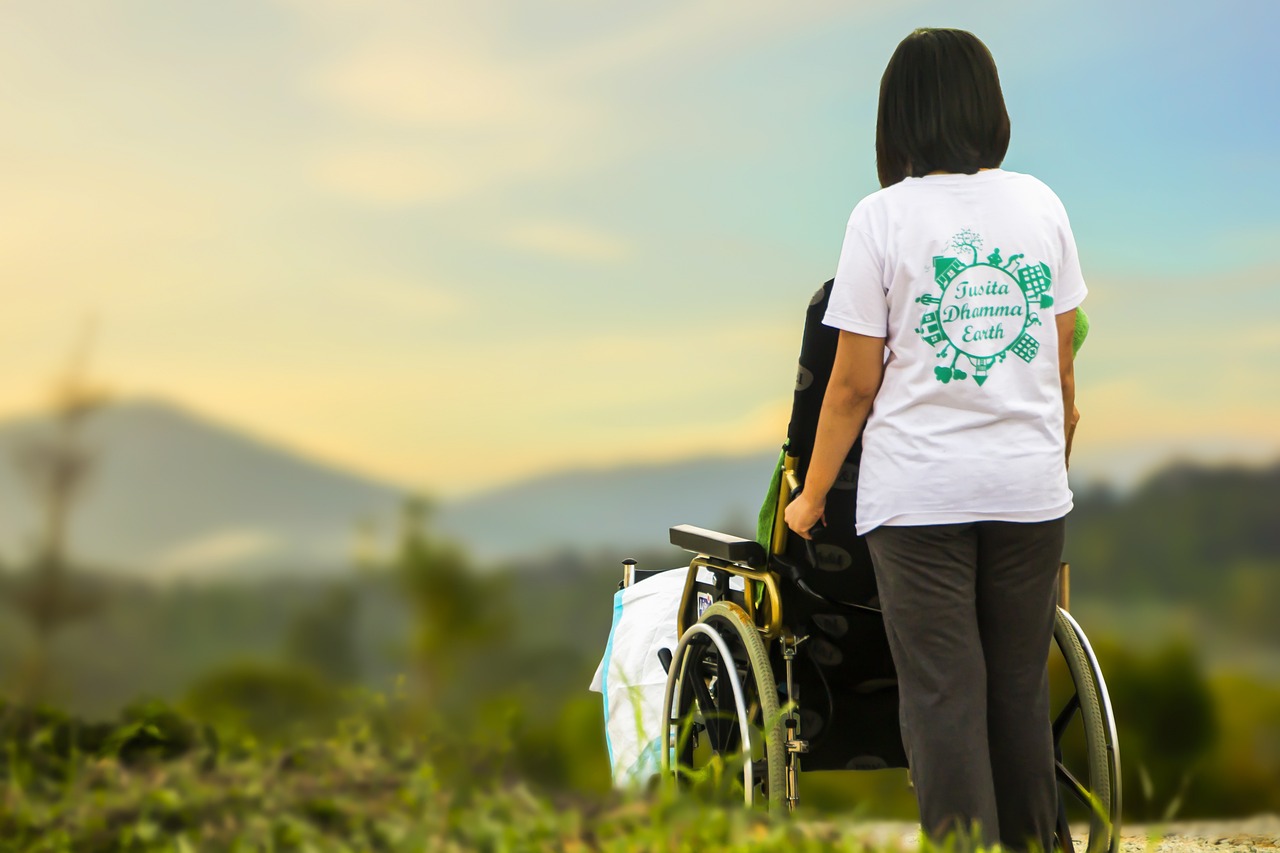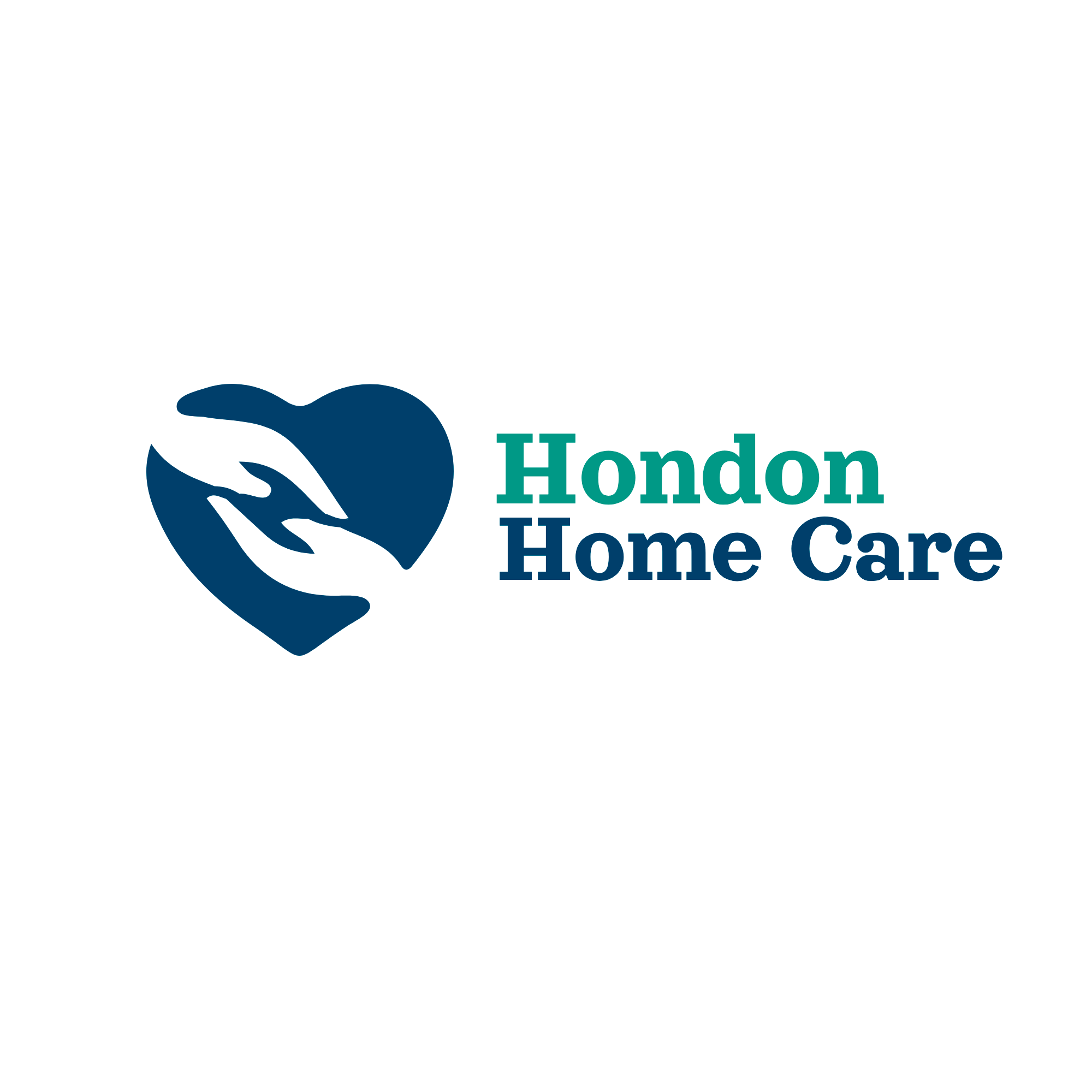
Services
-
How to manage addictions.
Managing addictions is a complex process that requires a comprehensive approach, as addictions can be both substance-related (drugs, alcohol, tobacco) and behavioral (gambling, internet, shopping). Here are some key strategies and approaches to addressing addictions: The first step is for the person to recognize that they have an addiction problem. This can be difficult due…
-
Addictions and harmful substances.
Addictions and harmful substances are highly relevant topics in the field of public health and individual well-being. Below, I provide general information on these topics:Addictions An addiction is a chronic, relapsing brain disorder characterized by the compulsive seeking and use of substances or activities, despite negative consequences for health, personal relationships, and life in general.Types…
-
How to cope with chronic diseases.
Chronic disease management requires a comprehensive approach that combines medical treatment, lifestyle changes, and psychosocial support. Key components are described below: Promoting healthy lifestyles: Balanced diet, regular physical activity, avoiding tobacco and alcohol. Screening and early diagnosis: Regular screening to detect risk factors (e.g., glucose and blood pressure). Pharmacotherapy: Use of medications to control symptoms…
-
Allergies, diagnosis and prevention.
Allergies are an exaggerated immune system response to generally harmless substances known as allergens. These substances can include pollen, dust mites, mold spores, pet dander, certain foods, medications, and insect bites. When an allergic person comes into contact with an allergen, their body produces antibodies called immunoglobulin E (IgE), which trigger the release of chemicals…
-
What is a chronic disease?
Chronic diseases are long-term health conditions that generally progress slowly and require ongoing management. These diseases are one of the leading causes of mortality and disability worldwide, and their effective management is crucial to improving patients’ quality of life and reducing the burden on healthcare systems.Characteristics of Chronic Diseases Long duration: They persist for years…
-
Self-care and Prevention
Self-care for older adults is essential for maintaining a good quality of life, promoting independence, and preventing illness. As people age, it is important to adapt self-care routines to their physical, emotional, and social needs. Here are some key recommendations to encourage self-care in older adults: Healthy Eating: Eat a balanced diet rich in fruits,…
-
Importance of sleep and rest.
Sleep and rest in older adults are fundamental aspects to maintain a good quality of life and health at this stage. With aging, it is common for changes in sleep patterns to occur, which can affect both the quantity and quality of rest. Below are some key aspects related to this topic:Changes in sleep in…
-
Disease prevention.
Disease prevention is essential to maintain good health and quality of life. Here are some general strategies to prevent diseases:
-
Mental health.
Mental health refers to a person’s emotional, psychological and social well-being. It influences how we think, feel and act in daily life, and also affects how we manage stress, relate to others and make decisions. Maintaining good mental health is essential for a balanced and productive life.Key Aspects of Mental Health Factors Influencing Mental Health
-
Physical activity and exercise.
Physical activity is any body movement produced by skeletal muscles that requires the expenditure of energy. It is essential to maintain good health and prevent various diseases. Here are some examples and benefits of physical activity:Examples of Physical Activity
